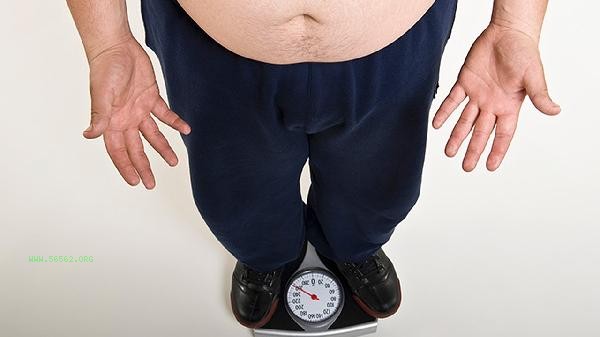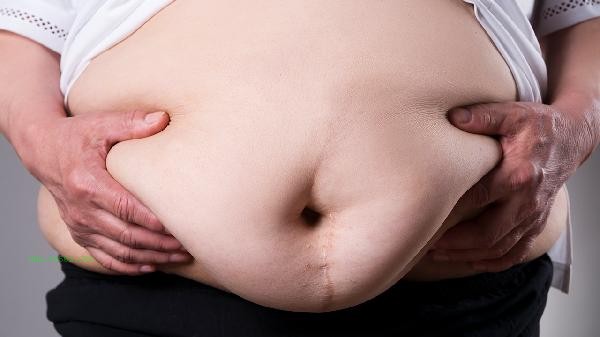During the period of dieting and weight loss, nutrition can be supplemented through balanced diet, targeted supplementation of nutrients, reasonable selection of meal replacements, adjustment of eating order, and monitoring of physical indicators. The main methods include increasing the intake of high-quality protein, supplementing with complex vitamins, moderate intake of healthy fats, paying attention to dietary fiber, and maintaining water balance.

1. High quality protein:
Consuming sufficient amounts of eggs, fish, or soy products daily can maintain muscle mass and enhance satiety. Whey protein and plant protein powder can be used as supplements to avoid muscle loss due to calorie restriction. It is recommended to control the protein energy supply ratio at 20% -30%, and the cooking method should mainly be steaming and boiling.
2. Compound vitamins:
Choose compound supplements containing B vitamins, vitamin D, and iron and zinc to make up for dietary deficiencies. Long term low calorie diet is prone to lack of fat soluble vitamins, and vitamin AD soft capsules can be supplemented every other day. But it is necessary to avoid metabolic burden caused by excessive supplementation of a single nutrient.
3. Healthy fats:

Daily intake of 15-20 grams of nuts or olive oil provides essential fatty acids. Avocados and deep-sea fish contain omega-3 fatty acids that can regulate metabolism and prevent dry skin caused by dieting. Avoid completely cutting off fat intake that affects hormone synthesis.
4. Dietary fiber:
Mix 200 grams of green leafy vegetables or 50 grams of oats with each meal. Water soluble fiber delays gastric emptying. Konjac products and chia seeds can increase intestinal peristalsis and improve constipation caused by reduced food intake. Pay attention to gradually increasing the amount of fiber to avoid bloating.
5. Water balance:
Drink 2000-2500 milliliters of water daily, and add lemon or cucumber slices to adjust the taste. After exercise, supplement with diluted saline containing electrolytes to prevent metabolic disorders caused by dehydration. Avoid relying on coffee or strong tea as a substitute for drinking water. During the implementation of a low calorie diet, it is recommended to record changes in body composition on a weekly basis and regularly test blood routine and liver and kidney function. When experiencing dizziness, amenorrhea, or severe constipation, one should adjust their diet plan in a timely manner. Control the daily calorie deficit within 500 calories and replace some refined carbohydrates with high nutrient density foods such as quinoa and salmon. Long term dieters need to undergo nutritional assessments every quarter and, if necessary, use medical nutritional supplements under the guidance of a nutritionist. Maintaining moderate exercise can improve nutrient absorption efficiency. It is recommended to choose low impact exercises such as yoga and swimming in conjunction with dietary management.





Comments (0)
Leave a Comment
No comments yet
Be the first to share your thoughts!